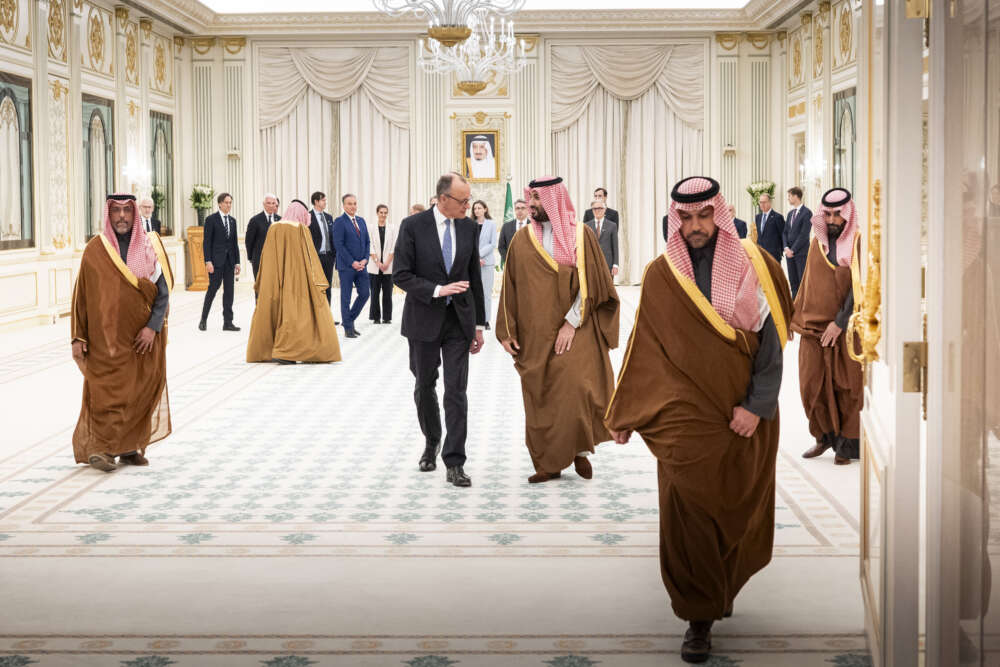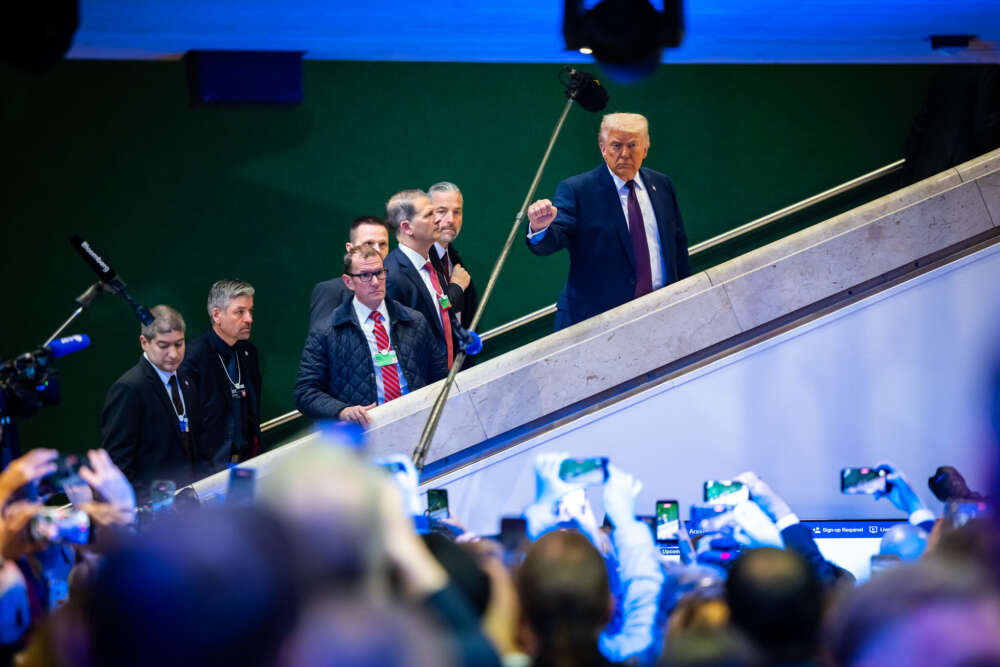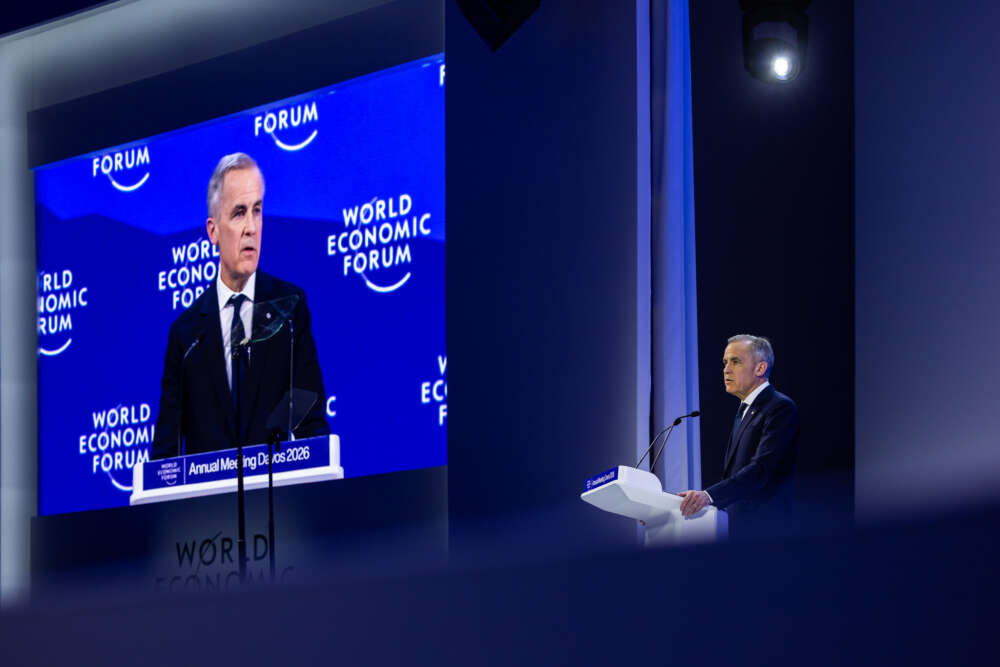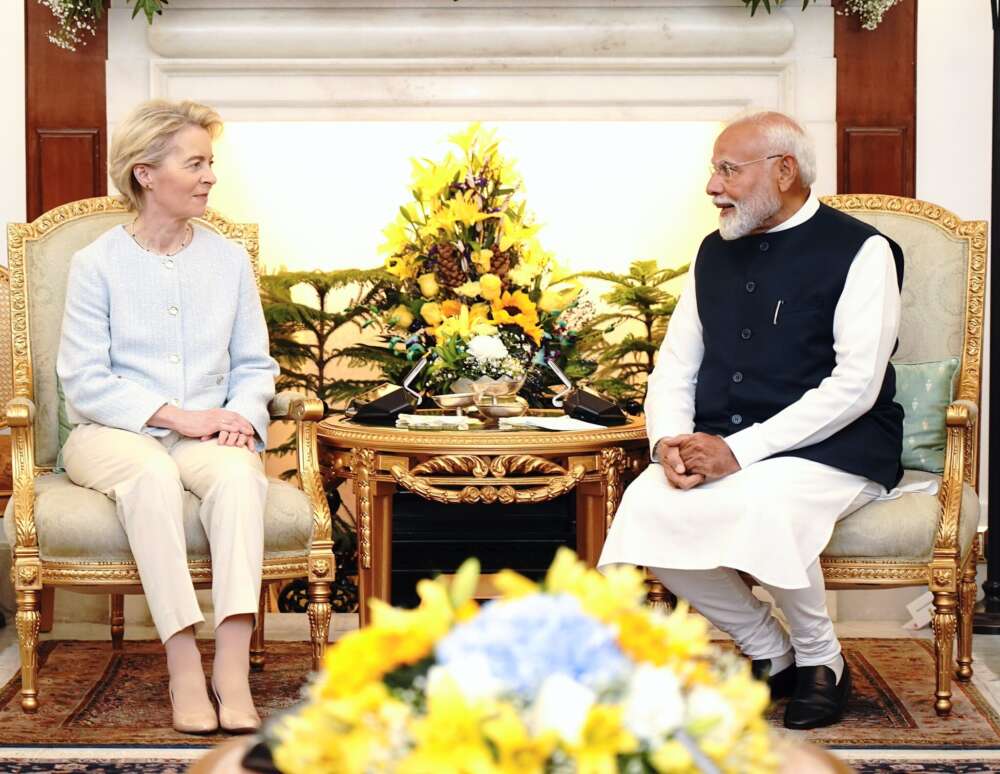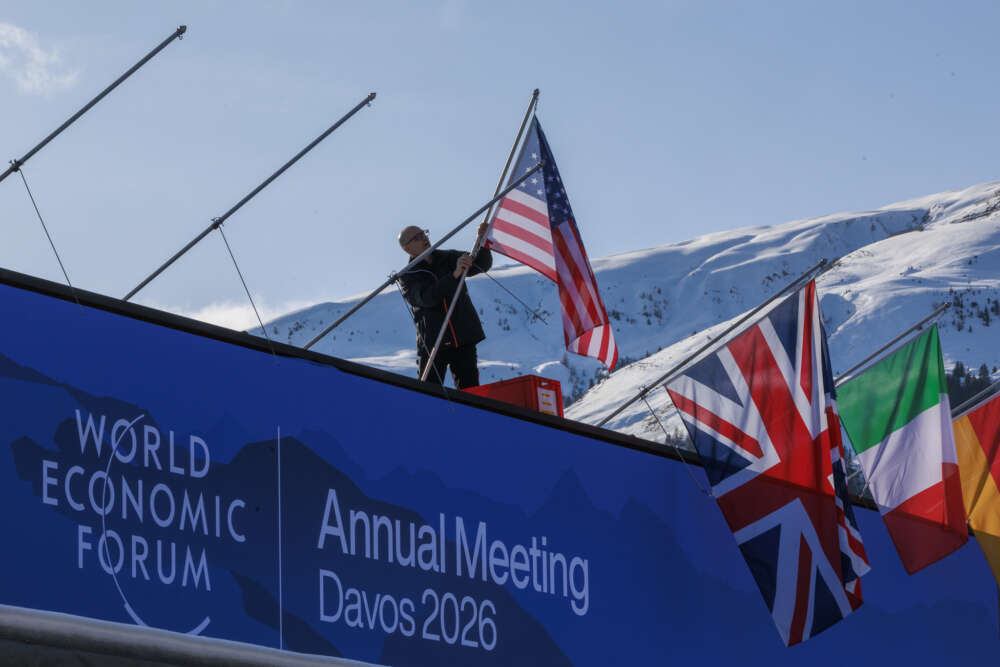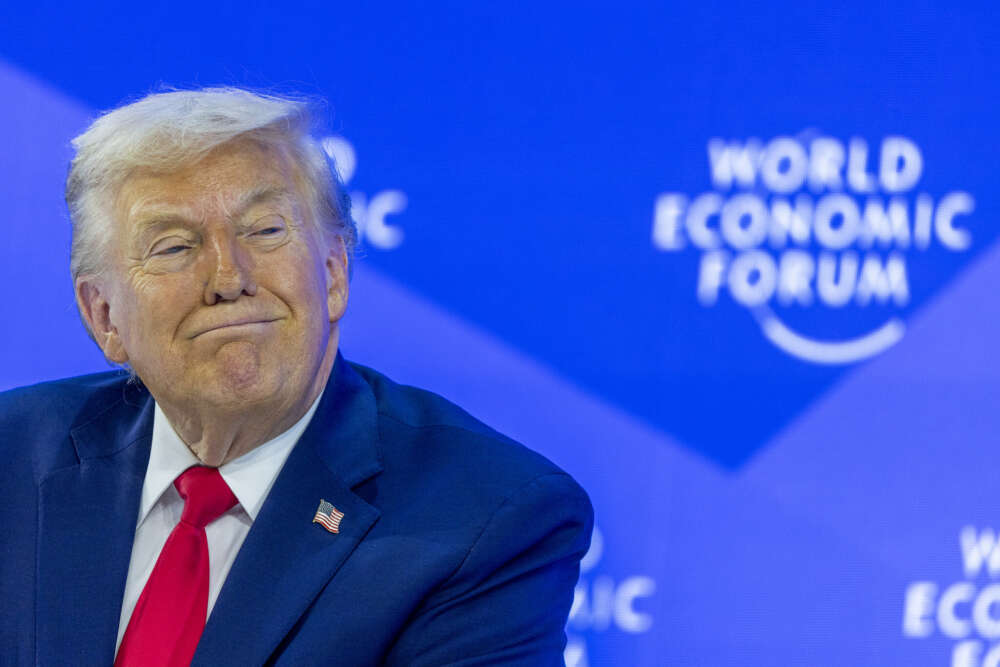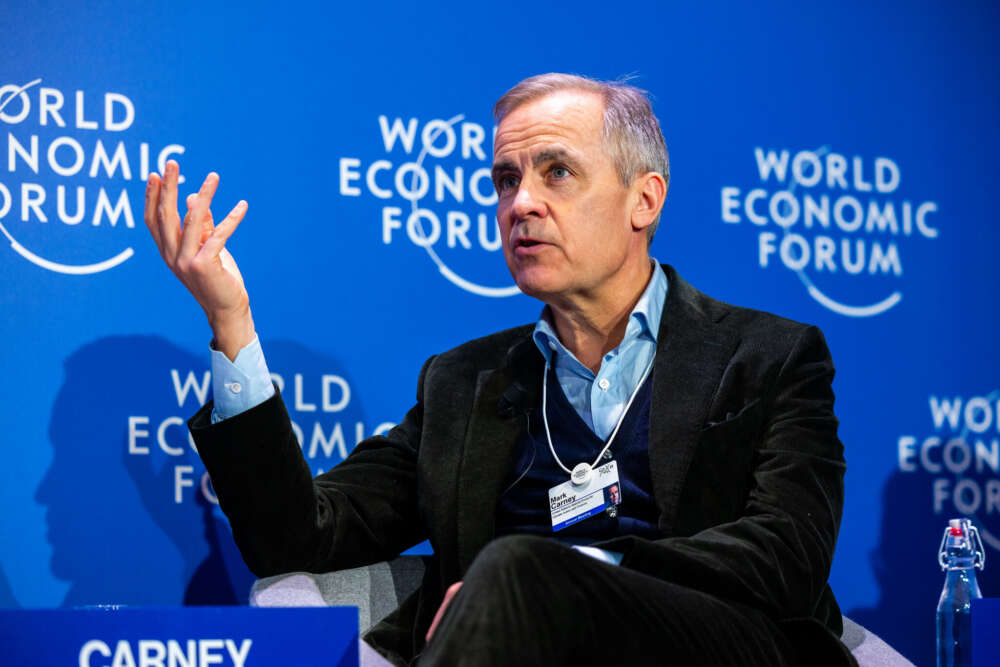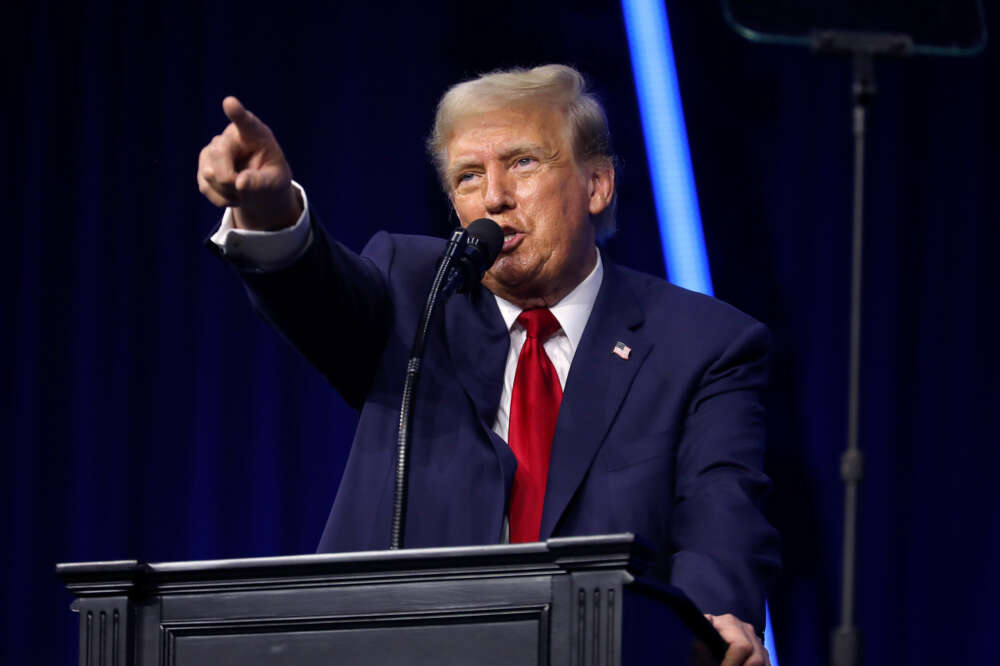How Germany’s New National Security Council Can Succeed
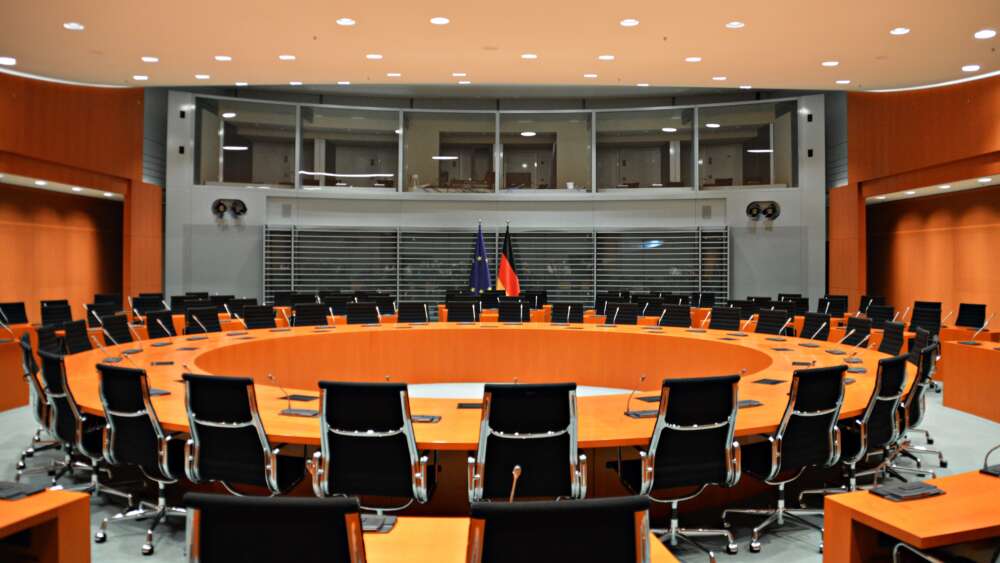
Auch auf Deutsch verfügbar.
As part of his election campaign at the start of 2025, Friedrich Merz advocated for the establishment of a German National Security Council. Just eight months later, Chancellor Merz turned this plan into reality. Last Thursday, the federal cabinet adopted the rules of procedure for the most significant upgrade that Germany’s foreign and security policy architecture has seen in over five decades. Beginning in November, the new Council, headed by Merz’s Chief of Staff, Jacob Schrot, will commence its work, featuring 13 new positions. The staffing alone makes one thing clear: the new Security Council will not be a command center, but rather a hub at the intersection of economic, technological, internal, and external security.
The Council will only be successful if all ministries, the Bundesländer, the Bundestag, and private companies are on board. The cooperation of the ministries, in particular, will prove crucial. All ministers need to instruct their bureaucracies to be cooperative rather than engage in stonewalling and turf wars. It would be nothing short of absurd if proud government ministries felt threatened by a council that has fewer staff than the combined offices of former Chancellors Angela Merkel and Olaf Scholz.
Conversely, the chancellery, which will be hosting the new Security Council, must adopt an inclusive leadership style – not just toward the ministries and federal states, but also toward the Bundestag. And – as sensible as it is that the Security Council will hold confidential meetings – maximum transparency, the inclusion of experts, and engaging with the public debate will prove equally important.
Even with the best intentions, a Security Council won’t be able to resolve the major fault lines within the coalition government during these politically charged times – but it can pave the way for concrete improvements, particularly in the areas of economic security and technological dependencies. These go well beyond the much-needed better coordination in acute crises.
Perhaps the Council’s most important contribution could be to ensure that the government continuously addresses long-term challenges, especially those outside the current spotlight. Right now, Trump, Russia/Ukraine, and Israel/Palestine/Middle East take up nearly all foreign policy bandwidth. The Security Council can and should ensure that long-term issues – such as resource security or systemic competition with China – remain firmly planted on the agenda of political leadership.
The Council will have the time and space to engage in more creative and experimental methods that look beyond the immediate crises: political simulations can help rehearse responses to future crises. And expert-led strategic foresight methods could help the Council identify and think through medium- and long-term risks. The planned work stream on “situational awareness” (Lagebild) could also deliver great value. Too often, the government operates blindly when it comes to key economic and technological dependencies. The Security Council should ensure continuous monitoring of how such dependencies develop, whether they be in critical raw materials, supply chains or technologies.
Equally important: identifying indispensable roles Germany and Europe (could) play in global supply chains – an important piece of leverage against potential blackmailing attempts from China or the US. Trump, for example, is currently threatening to cut Europe off from US semiconductor technology. But the production of that technology heavily relies on three Dutch and German companies – ASML, Zeiss and Trumpf – with similar strategic positions for German companies in other sectors. Knowing Germany’s points of possible leverage can help in a stand-off with Trump.
Enhancing expertise in economic security and technology will only work if the Council seeks continuous exchange with businesses, tech experts and international partners. It is also critical that the Council makes a continuous effort to engage with the broader public debate, raising awareness of risks and the need for action. The planned update to the German National Security Strategy that the National Security Council will coordinate provides a good opportunity for this.
Ultimately, Germany’s foreign policy capacity depends on its economic strength and domestic political stability. In that regard, the Chancellor would be well advised to promote fora for tackling economic and social policy challenges within his unruly coalition government with the same vigor as the National Security Council.
This commentary was originally published in German by Handelsblatt on August 28, 2025.
